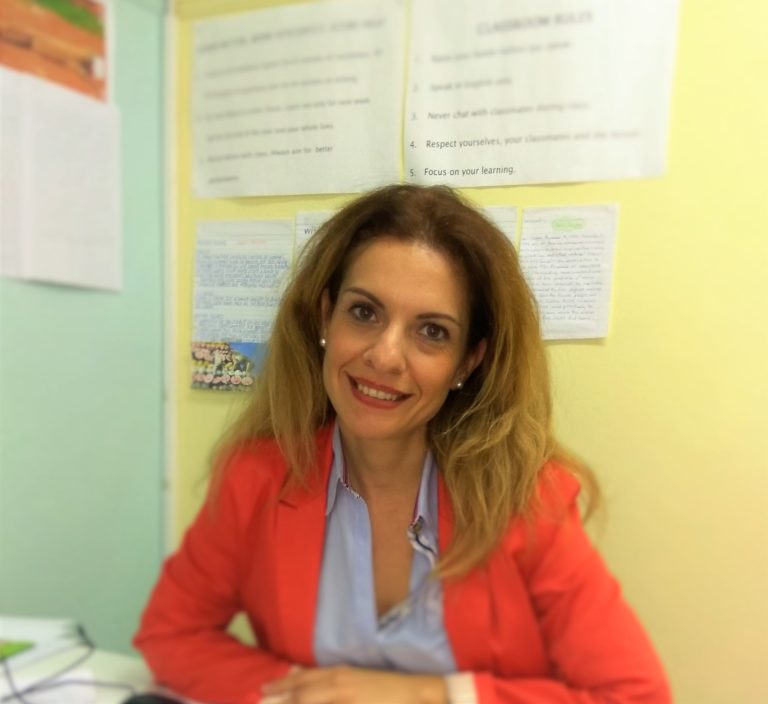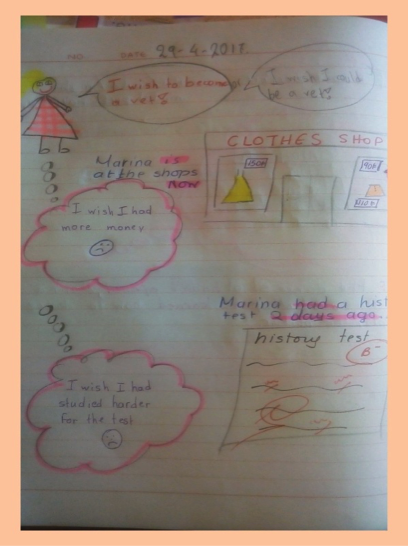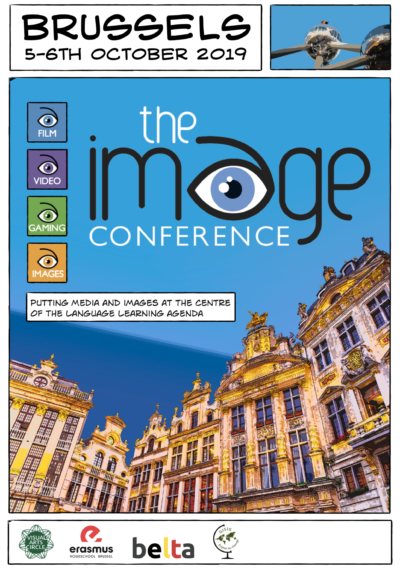
Vasiliki Lismani talks about her session “Bringing English as Foreign Language (EFL) to life through drawings” at the Image Conference in Athens.
Greek Young Learners (YL) of English as a Foreign Language (EFL) are not always self-motivated. Learning the English language is not actually a matter of choice but something that they have to complete during the schooling years. Therefore, some of them get along with parental motivation, which is not always encouraging enough to trigger a young learner’s interest to knowledge. There is a variety of reasons why they lack motivation but sometimes they just cannot find any connection between the second language (L2) and their everyday life. Obviously, this is a real obstacle since the medium used in real life situations is exclusively their mother tongue (L1). Considering that the role of social experience is well evident in L1 acquisition, we can infer its significance in L2 the social opportunities to practice the language being only few.

Course books offer ample opportunities to trigger young learners’ interest to the new language; however, this material is not always related to students’ experiences and does not always encourage students to describe THEIR world and THEIR feelings (quite often they have to use the language in pre – made situations). Therefore, EFL teachers, among other things, are responsible for bringing L2 into life through a range of engaging for YLs activities. Drawings with the use of bubble speeches, like comic strips, can be fun activities which incorporate L2 structures to describe situations derived from learners’ real life.
At The Image Conference in Athens I will present some examples of students who have used their own drawings to present the situations that they have thought and are more relevant to their own interests. This way, language learning goes far beyond memorising vocabulary or learning grammar rules but becomes a more internalised learning process. Finally, we will discuss the importance of creativity in language learning and how such teaching / learning approach can promote learners’ autonomy and develop a growth mindset towards knowledge.





